Natural Deworming for Cats: Are Herbal or Essential Oil Solutions Safe?
Many cat owners, seeking gentler alternatives to conventional medications, explore “natural” deworming solutions like herbs or essential oils. While the intention to avoid harsh chemicals is understandable, the safety and efficacy of these approaches are highly questionable and often dangerous for feline companions. Understanding the risks is paramount for responsible pet care.
The Allure and the Reality of “Natural” Solutions
The appeal of herbal and essential oil dewormers often stems from:
Perceived lower toxicity than pharmaceuticals.
Desire for holistic pet care.
Anecdotal success stories online.
However, “natural” does not automatically equate to “safe” for cats. Cats possess unique and sensitive metabolisms, particularly when it comes to processing certain plant compounds and essential oils.
The Significant Dangers of Essential Oils
Essential oils pose a severe and well-documented risk to cats. Their livers lack specific enzymes (like glucuronosyltransferases) necessary to efficiently metabolize and eliminate many compounds found in oils, leading to toxic buildup. This toxicity can occur through ingestion, skin absorption, or even inhalation.
High-Risk Oils: Tea tree (melaleuca), peppermint, citrus oils (limonene, linalool), cinnamon, clove, eucalyptus, pennyroyal, wintergreen, and many more are known to be highly toxic.
Potential Consequences: Symptoms range from drooling, vomiting, and lethargy to severe liver failure, neurological damage (tremors, seizures), respiratory distress, and even death. There is NO safe concentration for topical application or diffusion of these oils around cats.
Lack of Evidence: Crucially, there is no credible scientific evidence demonstrating that essential oils effectively eliminate internal parasites like roundworms, tapeworms, or hookworms in cats. Using them for this purpose is ineffective and life-threatening.
Herbal Remedies: Proceed with Extreme Caution
While some herbs are less acutely toxic than essential oils, their use for deworming cats carries significant concerns:
Unproven Efficacy: Robust clinical trials proving specific herbs reliably eliminate common feline parasites are largely absent. Anecdotes are not scientific proof.
Dosage Dangers: Determining a safe and effective dose for a cat is extremely difficult. Too little is ineffective; too much can be toxic. Herbal potency also varies greatly between sources and preparations.
Potential Toxicity & Side Effects: Many herbs considered safe for humans or even dogs can be harmful to cats. Examples include certain types of garlic/chives (can cause Heinz body anemia), specific wormwoods (neurotoxic), or excessive amounts of others causing gastrointestinal upset. Herb-drug interactions are also a serious, often unexplored, risk.
Misdiagnosis Risk: Using ineffective herbal remedies delays proper veterinary diagnosis and treatment, allowing parasites to proliferate and cause serious health issues like anemia (especially from hookworms), malnutrition, intestinal blockages, or zoonotic transmission (spread to humans).
Safer, Vet-Approached Natural Support (Not Sole Treatment)
While NOT replacements for proven deworming medications prescribed by your veterinarian, some natural elements may play a supportive role in overall digestive health and parasite resistance when used cautiously and under veterinary guidance:
Pumpkin Seeds (Ground): Contain cucurbitacin, which may have some paralyzing effect on tapeworms, potentially aiding expulsion when used alongside conventional dewormers. Dosage is critical (e.g., typically 1/4 to 1/2 tsp for an average cat) and veterinary consultation is essential. They are primarily a fiber source.
Food-Grade Diatomaceous Earth (DE): Use extreme caution and ONLY under direct vet advice. Concerns exist about inhalation risks (serious lung damage) and potential irritation to the cat’s digestive tract. Evidence for efficacy against internal parasites in cats is anecdotal at best. Never use pool-grade DE.
Carrots (Finely Grated): The fiber may help mechanically scour the intestines. Offer only tiny amounts occasionally.
Probiotics: Support overall gut health, potentially strengthening natural defenses. Choose strains researched for cats.
High-Quality Diet: Optimal nutrition supports a strong immune system, which is the first line of defense against parasites.
Crucial Reminder: These supportive measures do not reliably kill parasites and should never be used as the sole treatment for an active infestation. They are adjuncts, not cures.
The Only Safe and Effective Approach: Veterinary Care
Accurate Diagnosis: Your veterinarian can identify the specific parasite(s) present through fecal examination. Different worms require different treatments.
Prescription Medications: Vet-prescribed dewormers (like pyrantel pamoate, praziquantel, fenbendazole, milbemycin oxime) are rigorously tested for safety and efficacy in cats at precise dosages. They target the specific parasite effectively.
Preventive Plan: Discuss a tailored parasite prevention program with your vet, which may include monthly broad-spectrum products that control both internal and external parasites (fleas, which carry tapeworms). Regular fecal checks are key.
Discuss Alternatives: If you are interested in complementary support, have an open conversation with your veterinarian first. They can advise on truly safe options that won’t interfere with necessary treatments.
Conclusion: Safety First
The risks associated with unproven herbal and, especially, essential oil “dewormers” for cats far outweigh any potential, largely unsubstantiated, benefits. Essential oils are particularly hazardous and have no place in feline parasite control. Relying on these methods can lead to poisoning, ineffective treatment, and worsening health for your cat.
The safest, most effective, and truly responsible approach is always: Consult your veterinarian for diagnosis and use only the parasite control products they prescribe or recommend. Protect your feline friend with science-backed care, not dangerous internet trends. Your cat’s health and life depend on it.

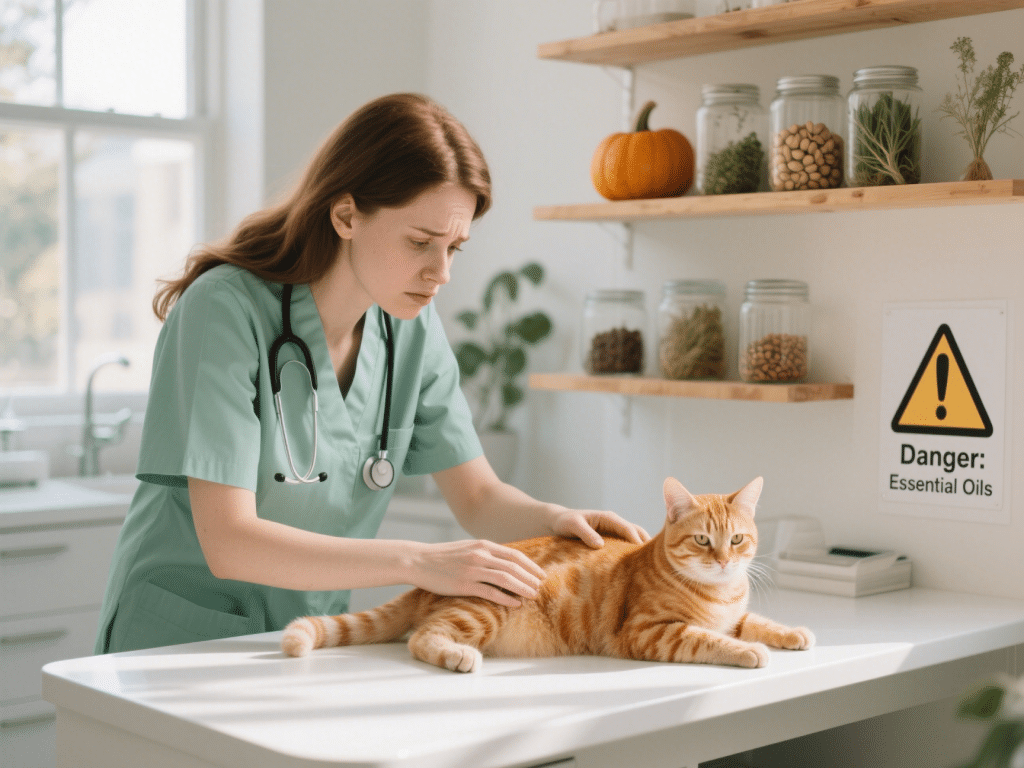
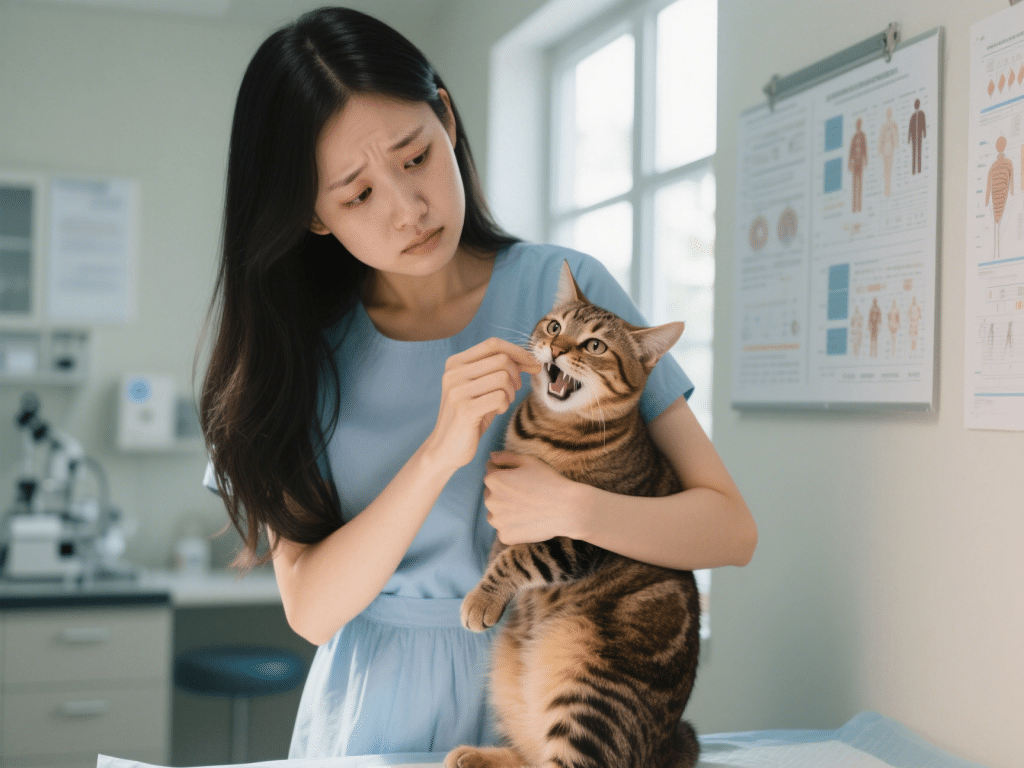
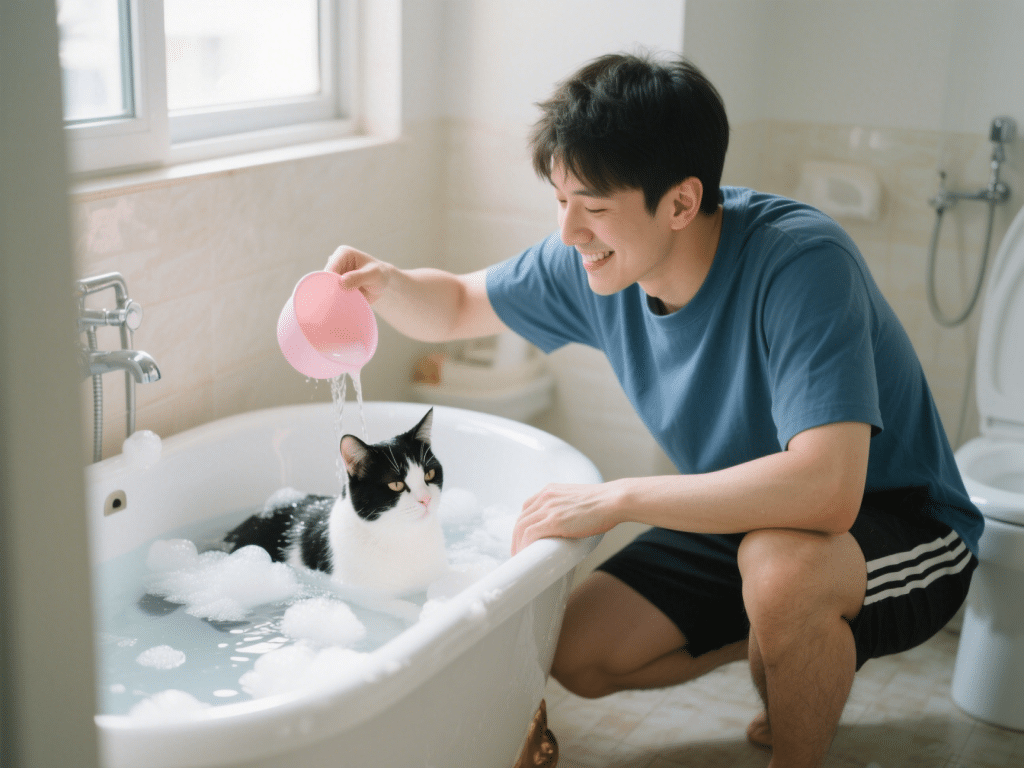
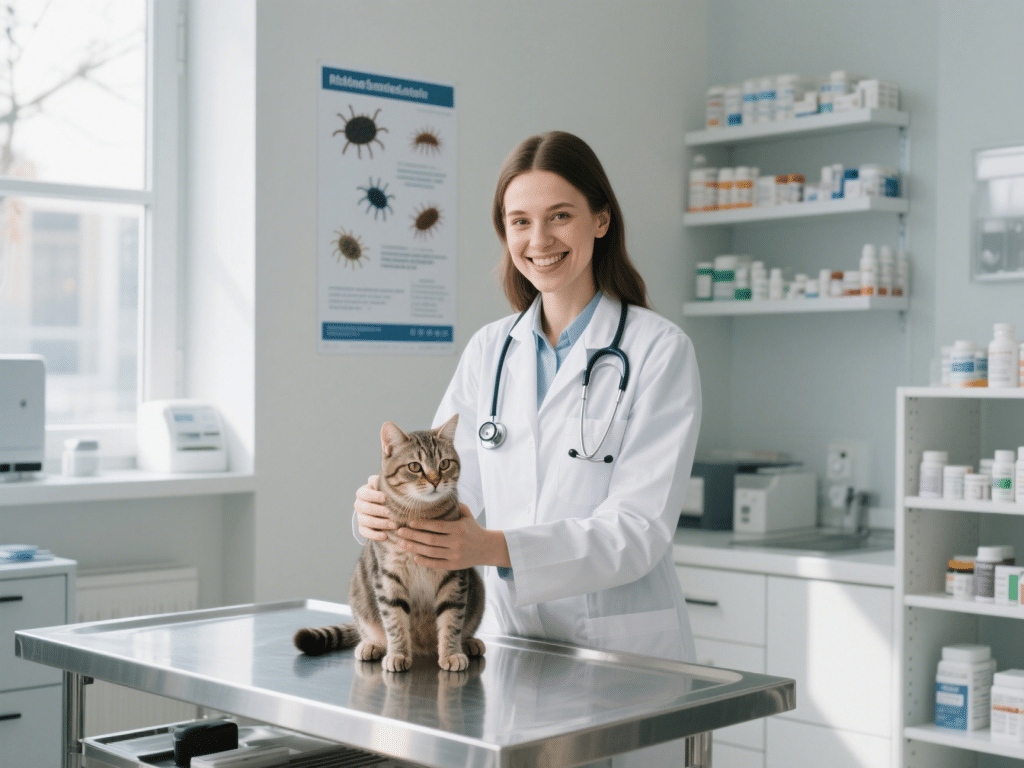
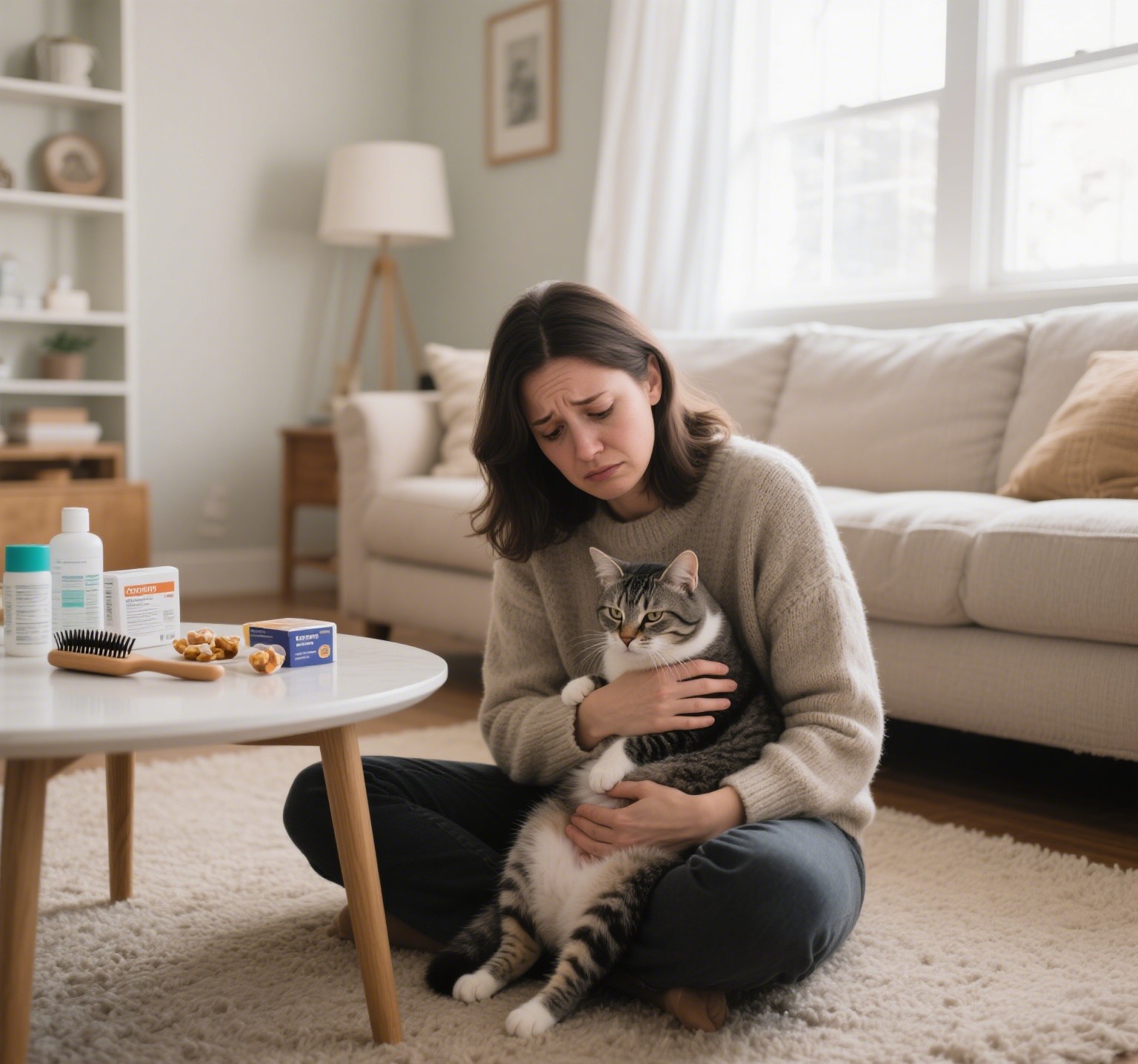
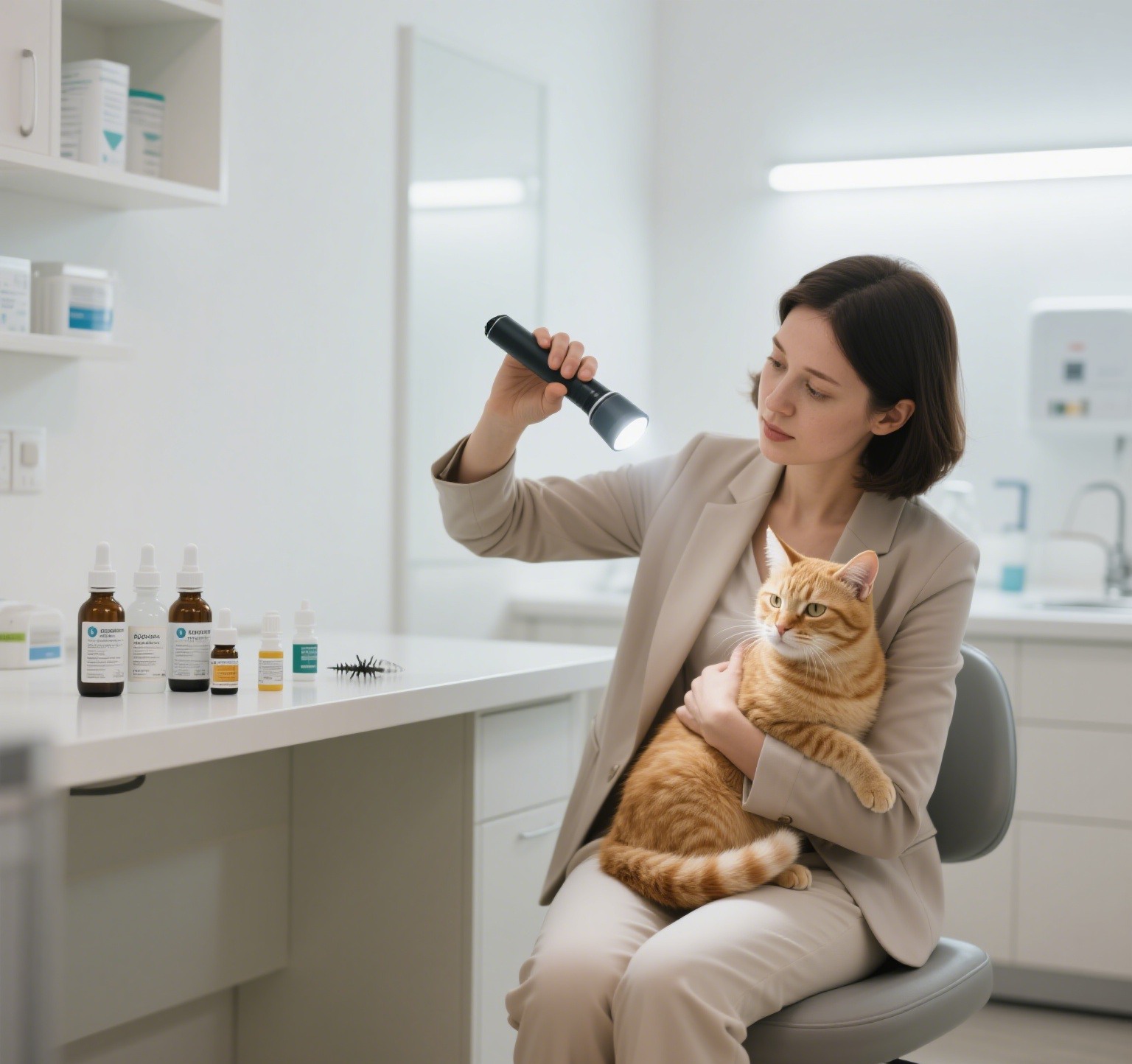
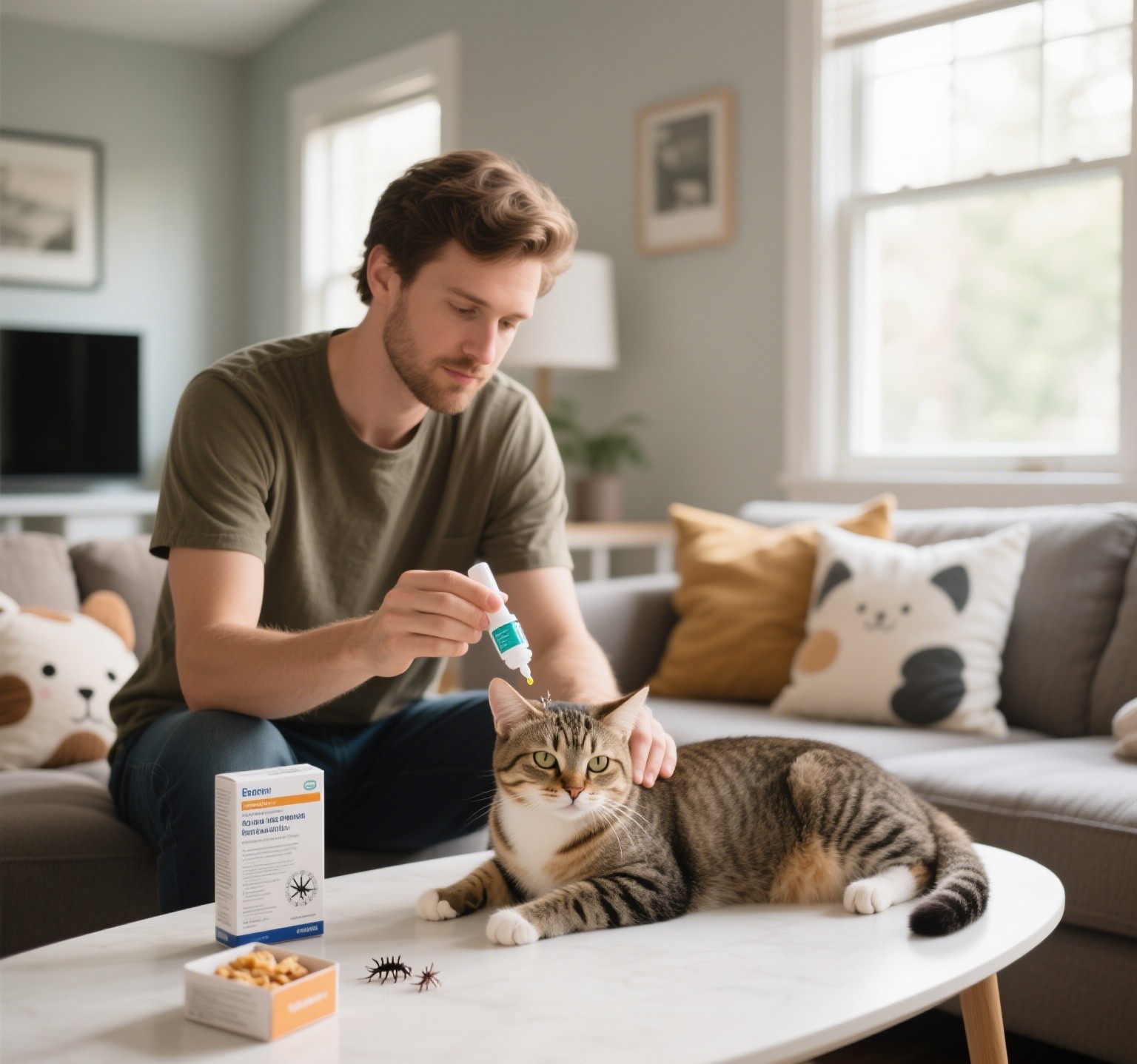
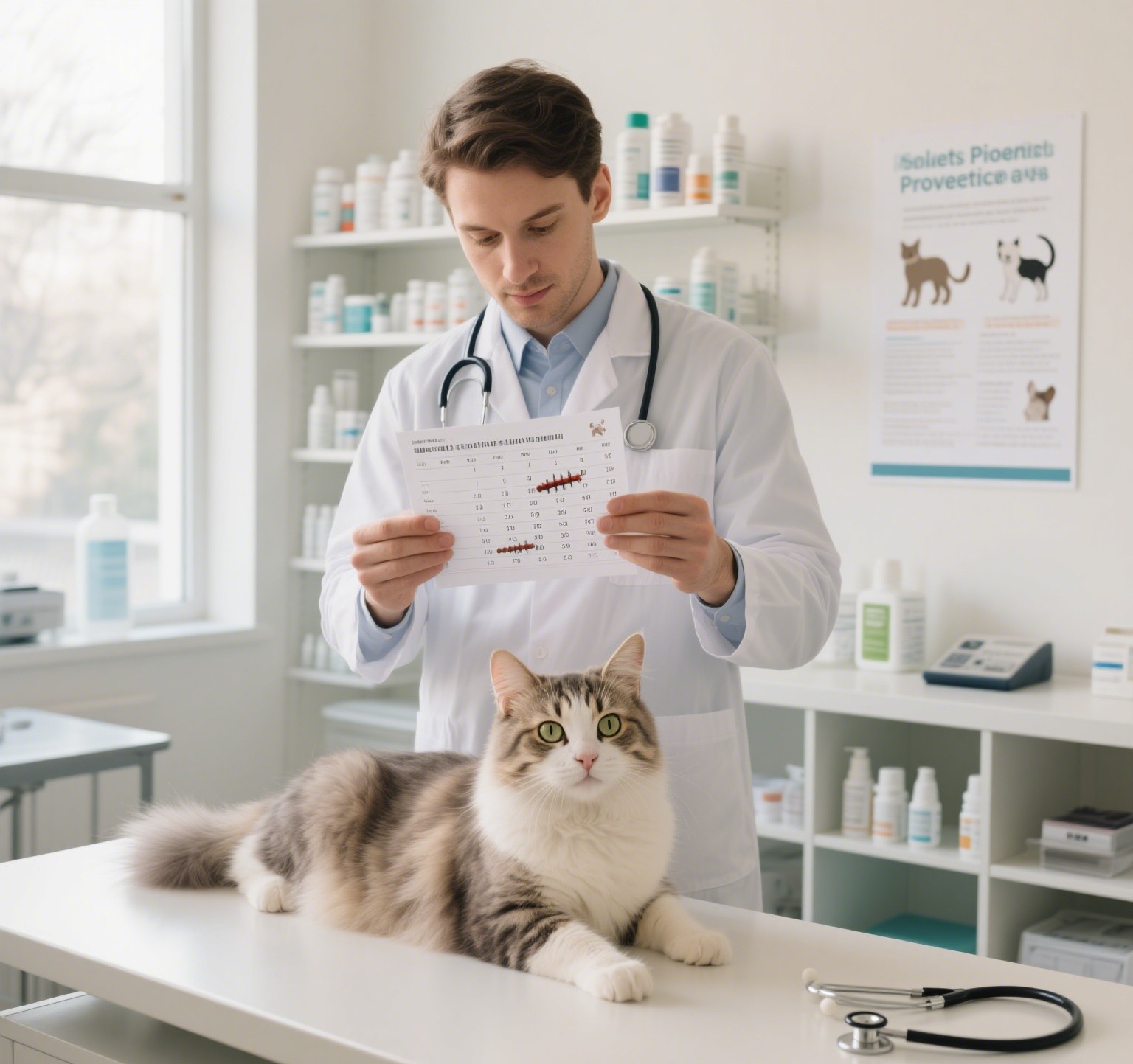
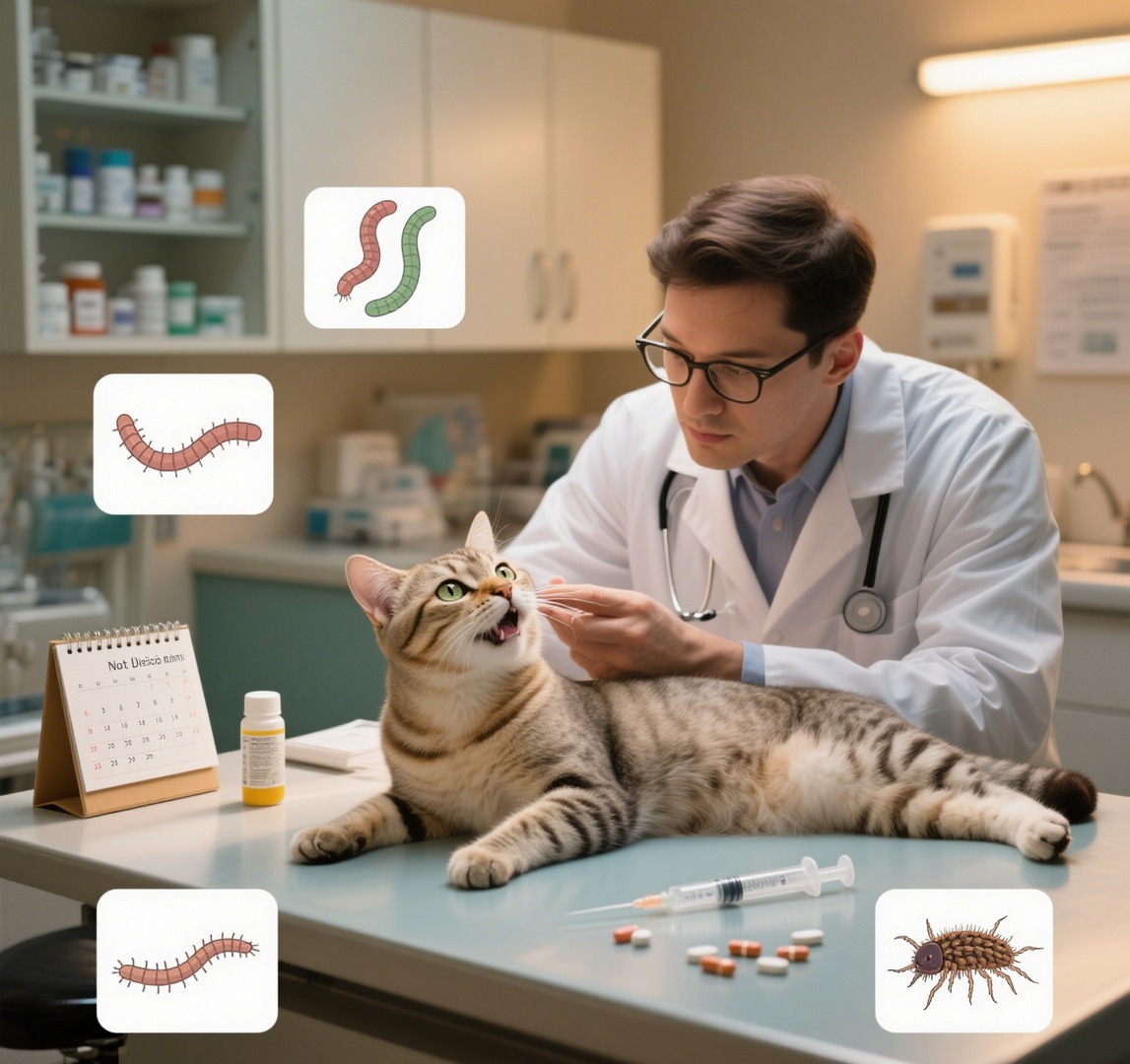
Comments on " Natural Deworming for Cats: Are Herbal or Essential Oil Solutions Safe?" :